Accountability
Harvard sets up $100 million endowment fund for slavery reparations
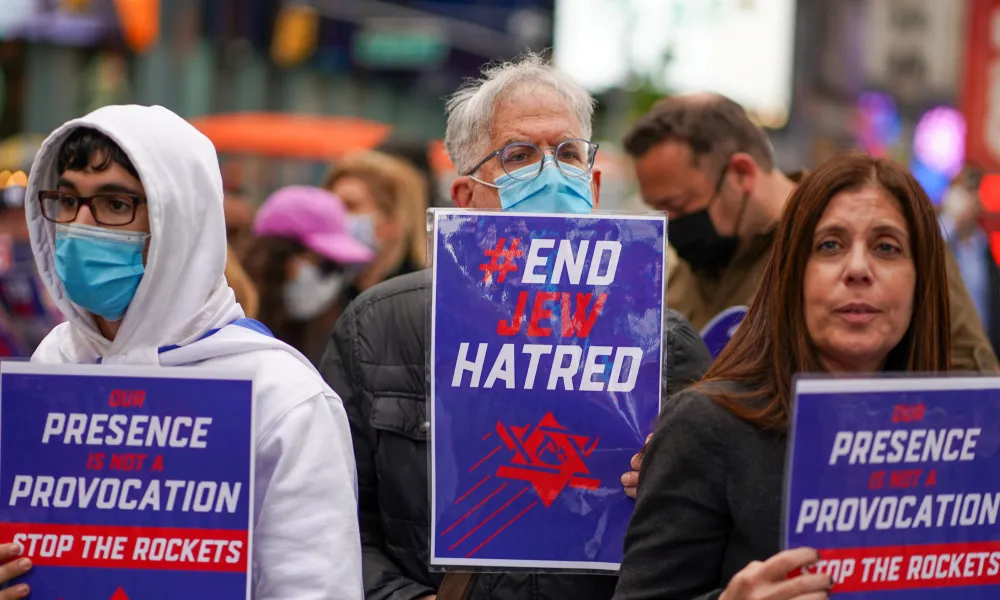
Harvard University is setting aside $100 million for an endowment fund along with measures to close the educational, social and economic gaps that are legacies of slavery and racism, the university’s president has said.
The email from Lawrence Bacow included a link to a 100-page report by his university’s 14-member Committee on Harvard and the Legacy of Slavery.
The panel was chaired by Tomiko Brown-Nagin, a legal historian who is dean of Harvard’s interdisciplinary Radcliffe Institute for Advanced Study.
The report laid out a history of slaves being overworked on the campus and of the university benefiting from the slave trade and industries which were linked to slavery after it was outlawed in Massachusetts in 1783, this is 147 years after Harvard’s was founded. The report also documents Harvard excluding Black students and some of its scholars’ advocating racism.
While Harvard had notable figures among abolitionists and in the civil rights movement, the report said, “The nation’s oldest institution of higher education … helped to perpetuate the era’s racial oppression and exploitation.”
The report’s authors recommended offering descendants of people enslaved at Harvard educational and other support so they “can recover their histories, tell their stories, and pursue empowering knowledge.”
Other recommendations included that they school fund summer programs to bring students and faculty from long-underfunded historically Black colleges and universities to Harvard, and to send Harvard students and faculty to the institutions known as HBCUs, such as Howard University.
“It’s a step in the right direction,” said Dennis Lloyd, 74, who is a real estate developer from Roxbury, Massachusetts, who traces his lineage to Cuba Vassall, a woman enslaved by the Royall family. Harvard Law School was established in 1817 with a bequest from Isaac Royall Jr., whose family made much of its fortune in the slave trade and on a sugar plantation in Antigua.
“I’m happy to see that Harvard has acknowledged their connection to slavery, happy to see they’re expanding the financial and educational resources to students who would normally not have access to Ivy League schools, and certainly the HBCU connection,” added Lloyd, who attended Howard.
In his email, Harvard President Bacow said a committee would explore transforming the recommendations into action and that a university governing board had authorized $100 million for implementation, with some of the funds held in an endowment.
“Slavery and its legacy have been a part of American life for more than 400 years,” Bacow wrote. “The work of further redressing its persistent effects will require our sustained and ambitious efforts for years to come.”
A law enacted in Virginia last year requires five public state universities to create scholarships for descendants of people enslaved by the institutions.
Terry A. Hurlbut has been a student of politics, philosophy, and science for more than 35 years. He is a graduate of Yale College and has served as a physician-level laboratory administrator in a 250-bed community hospital. He also is a serious student of the Bible, is conversant in its two primary original languages, and has followed the creation-science movement closely since 1993.
-

 Education1 day ago
Education1 day agoCHAPTER 13: Fomenting Race Wars Begins in Kindergarten
Space Is No Longer the Final Frontier—Reality Is [forthcoming release May 2024] -
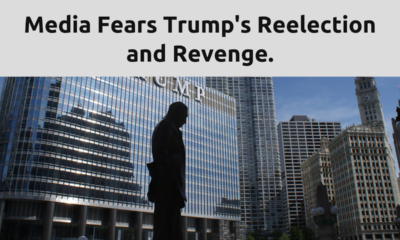
 Civilization5 days ago
Civilization5 days agoLegacy media already assume Trump wins
-

 Civilization3 days ago
Civilization3 days agoAntisemitism – and misguided legislation
-
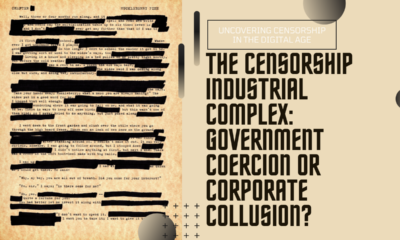
 Executive2 days ago
Executive2 days agoCensorship Industrial Complex redux
-
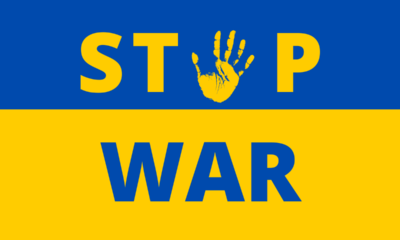
 Civilization4 days ago
Civilization4 days agoUkraine as proxy for war with Russia
-
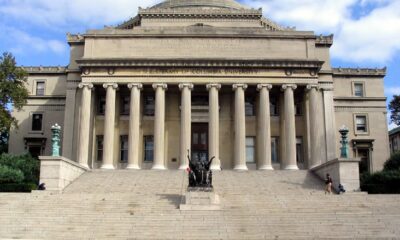
 Education4 days ago
Education4 days agoFive Ways Campus Turmoil Hurts Democrats and America
-
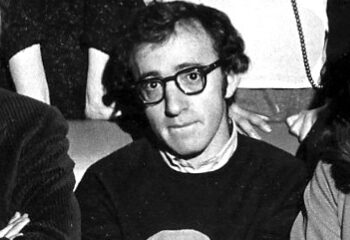
 Civilization4 days ago
Civilization4 days agoGatsby Loses to Woody Allen
-
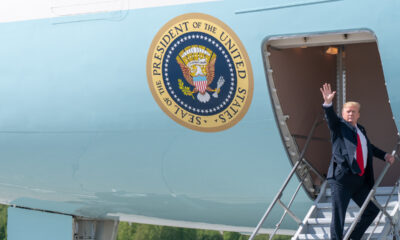
 Guest Columns4 days ago
Guest Columns4 days agoIs Trump Nostalgia Enough?


